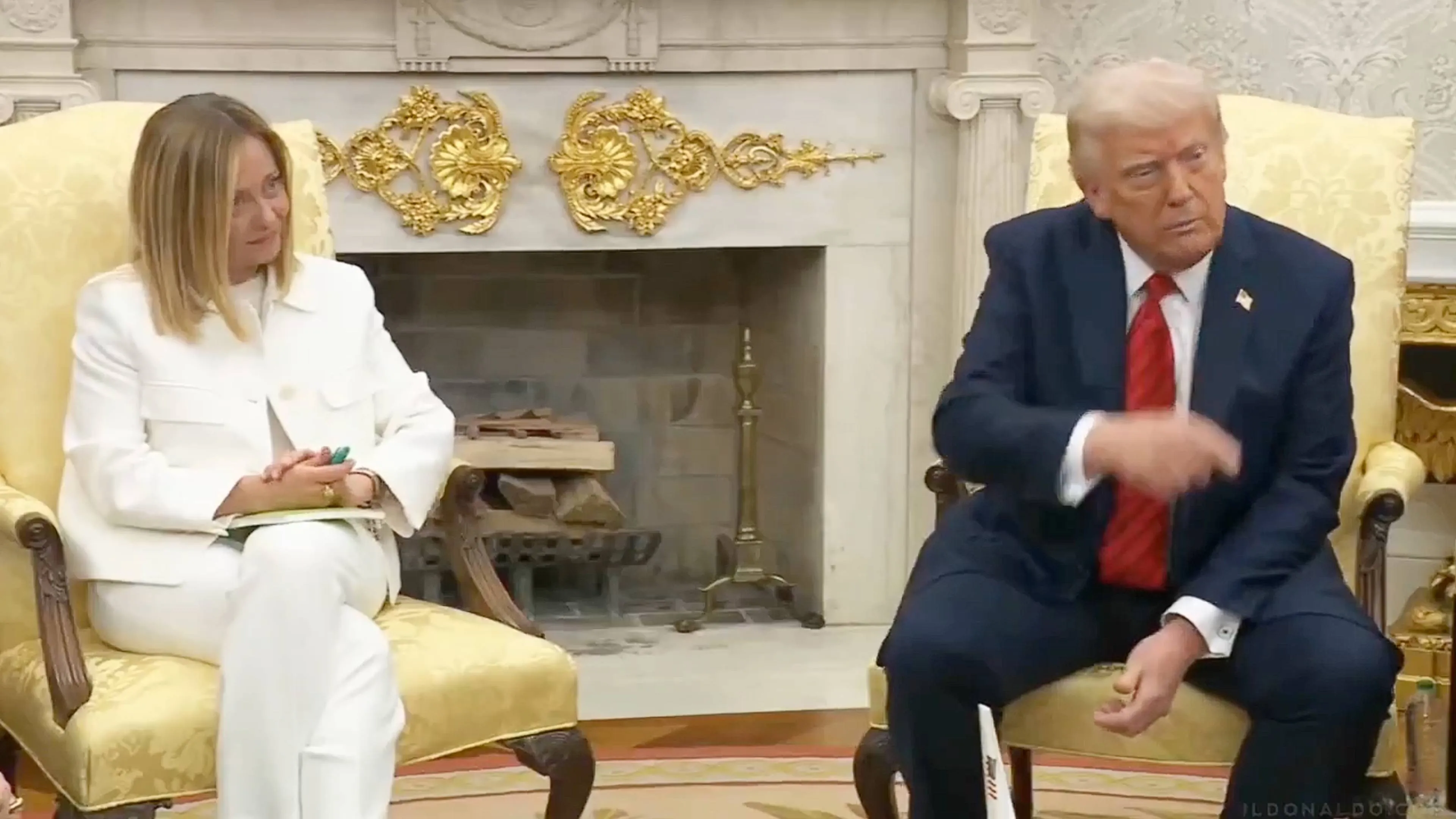Milieu versus banen
In tijden van economische tegenspoed zullen regeringen geneigd dan wel gedwongen zijn een andere afweging te maken tussen economische groei en banen enerzijds en milieu anderzijds. Zo heeft President Obama zijn controversiële plannen om de regelgeving voor stedelijke luchtvervuiling te verscherpen, opgeschort.
Onder de titel, 'Obama halts controversial EPA regulation', rapporteert Dina Cappielo daarover:
President Barack Obama on Friday scrapped his administration's controversial plans to tighten smog rules, bowing to the demands of congressional Republicans and some business leaders. Obama overruled the Environmental Protection Agency and the unanimous opinion of its independent panel of scientific advisers and directed administrator Lisa Jackson to withdraw the proposed regulation to reduce concentrations of ground-level ozone, smog's main ingredient.
The decision rests in part on reducing regulatory burdens and uncertainty for businesses at a time of rampant uncertainty about an unsteady economy.
The announcement came shortly after a new government report on private sector employment showed that businesses essentially added no new jobs last month and that the jobless rate remained stuck at a historically high 9.1 percent.
Zie hier.
Ook op een ander terrein zijn er tegenslagen voor het beleid. Solyndra, een belangrijke door de regering de hemel in geprezen producent van zonnecellen, heeft faillissement moeten aanvragen.
Onder de titel, 'Obamas Enron', rapporteert Rich Lowry:
If the praises of high-ranking Obama-administration officials were a viable business plan, the solar-panel maker Solyndra would be an industrial juggernaut. Vice President Biden insisted that the jobs created by the California-based firm would allow America to compete and to lead like we did in the 20th century.
In a visit to Solyndra in May 2010, President Obama called it a testament to American ingenuity and dynamism. He all but redefined the traditional statement of Americanness to encompass motherhood, apple pie, and the conversion of sunlight into electricity through cylindrical thin-film solar cells, the specialty of Solyndra.
Obama and Biden were literally invested in Solyndras success. The company got a half-billion-dollar federal loan guarantee, the first in a highly vaunted Department of Energy green-jobs program, as part of the stimulus. This was supposed to be the new economic model: government and its favored industries cooperating to lead the country into a green, politically approved recovery.
The showcase firm is now filing for Chapter 11 in an embarrassing blow to the premises of Obamanomics. At least the Obama administration cant be accused of practicing industrial policy the old-fashioned way and picking winners. It is evidently quite ready to pick losers, too.
Zie hier
Ook in Duitsland verkeren producenten van zonnepanelen in moeilijkheden. Onder de titel, 'Solarworld in Renewable Energy War With China', rapporteren Stefan Nicola and Ehren Goossens:
Solarworld AG (SWV), Germanys largest module maker, plans to close a factory to cut costs and compete against Chinese manufacturers that its chief executive officer says are subsidized by the state. Solarworld will shutter a California manufacturing plant and some production lines in Germany, the Bonn-based company said yesterday in a statement. The move was needed to increase efficiency and reduce costs as Chinese rivals have helped drive down the price of solar cells by 42 percent this year, CEO Frank Asbeck said.
Zie hier
In Engeland lijkt de regering nog steeds in het groene sprookje te geloven en is men officieel nog steeds van plan het land en omliggende wateren vol te plempen met windmolens. Een van de argumenten is dat dit groene banen creëert. Een ander argument is dat het CO2-uitstoot uitspaart. Gordon Hughes van de Universiteit van Edinburgh ziet dat een tikkeltje anders.
Onder de titel, 'UK renewables costs exceed gas by over 100 bln pounds', rapporteert Reuters daarover:
* Green job creation misleading as employment impact is short
* Cost of saving one tonne of CO2 will be 270 pounds by 2020
The cost of investing in renewable energy in Britain is 105 billion pounds ($170 billion) higher than building the same capacity using gas-fired power plants, an economics professor said in a report published on Friday. The extra investment cost of building power plants such as offshore wind farms is equivalent to nearly 10 percent of overall British business investment in the next 10 years, Gordon Hughes of the University of Edinburgh said in his study "The Myth of Green Jobs."
"It is clear that the public and its political representatives have never signed up to the proposition that the UK should sacrifice a minimum of 4-5 percent of GDP annually in order to meet climate change targets," Hughes said. The UK aims to cut greenhouse gas emissions by 34 percent below 2009 levels by the end of the decade, compared with a 17 percent reduction in 2010. Many renewable energy developers, as well as the government, have promoted the sector as a creator of new jobs at a time when UK unemployment figures are rising. But Hughes said green job creation was misleading as its impact was only short-term during the production and construction phase, which would also apply to the creation and building of conventional power plants.
If the government's aim was to create long-lasting job opportunities it should select sectors which generate the highest level of net benefit, he said. "If (instead) the primary objective of such policies is to reduce CO2 emissions, then we should seek to minimise the costs of meeting that objective, including any wages for jobs directly or indirectly linked to the project," Hughes said.
At the same time, high investments into renewable energy mean these costs will increase wholesale energy prices which will eventually have to be passed on the consumers, lifting inflation.
Zie hier.
Het rapport van Hughes is hier te vinden.
Duidelijk is dat het niet zo goed gaat met de duurzaamheidsindustrie. De ene oprisping na de andere toont aan dat men daar veel geld mee kan verliezen.
Het zijn evenzovele waarschuwingen voor degenen die overwegen te investeren in megalomane windparken voor onze kust. Een waarschijnlijk scenario? Subsidies zullen in de toekomst worden gekort wegens gebrek aan geld, beloofde rendementen blijken luchtspiegelingen te zijn geweest, beurswaarden verdampen.
Hoe het ook zij, het gezonde verstand lijkt terug te keren. Maar helaas gaat het tergend langzaam.
Ga verder met lezen
Dit vind je misschien ook leuk
Laat mensen jouw mening weten


